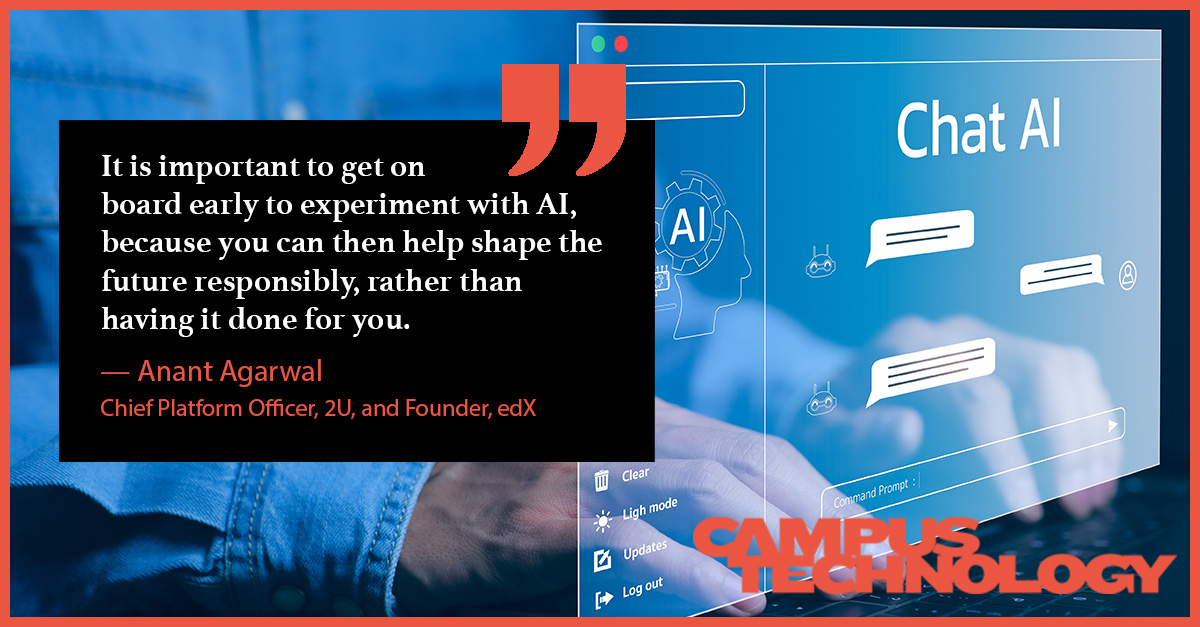With the global cost of cybercrime set to top $10.5 trillion by 2025, according to Rose Gamble, vice president for research and economic development at the University of Tulsa (TU), the university has announced plans for the new Oklahoma Cyber Innovation Institute (OCII), which will identify, test and deploy solutions to meet the threat and train personnel to fill the need for expertise in this and other areas.
Online learning platform edX has announced AI boot camps to start this fall at several universities nationwide. The online program will be especially geared to early- and mid-career professionals who wish to build AI skills rapidly for entry-level positions, the company said.
The University of Texas (UT) system and Coursera have partnered to offer an expanded, free microcredential program to any UT students, educators, staff, and alumni interested in obtaining microcredential certificates to help prepare them for new workforce demands.
Cengage Group's third annual employability report, "AI Joins the Workforce," asked employers and graduates questions about how AI is impacting job skills requirements and whether graduates feel prepared for them. Their responses suggest a "quickly shifting employment landscape" of different hiring priorities, the report noted.
Online digital skills training company Simplilearn Solutions has teamed up with the University of Texas at Dallas (UT Dallas) to offer an online boot camp to upskill AI and machine learning (ML) professionals through the Erik Jonsson School of Engineering and Computer Science.

What skills will students need for the workforce of the future in an age dominated by artificial intelligence? In addition to basic computer science, data competencies, and the mathematics and statistics behind AI and machine learning, there are a range of social impacts to consider: AI risk, ethics, privacy, questions of bias, etc. We spoke with Dakota State University President José-Marie Griffiths about how her institution is preparing students for careers in AI.
Arizona State University (ASU) and materials engineering company Applied Materials have announced a joint venture to build a Materials-to-Fab (MTF) research, development, and prototyping center, with over $270 million coming from corporate and state funding.

Advertising students at the Indiana University School of Media have the opportunity to work on real-world projects for big-name clients such as Adobe and Microsoft, honing their skills as they solve complex marketing problems and craft messages for a target audience.
Territorium has become the first U.S. ed tech company to earn CLR 2.0 and Open Badges 3.0 certifications from 1EdTech, furthering the standardization of digital credentials — or “comprehensive learner records” — that are easily shared between digital wallets, the company said.

Here, we ask Anant Agarwal for his perspectives on the impacts of generative AI in higher education environments and what edX is doing to help lead the way in the productive use of innovative new tools based on the technology.